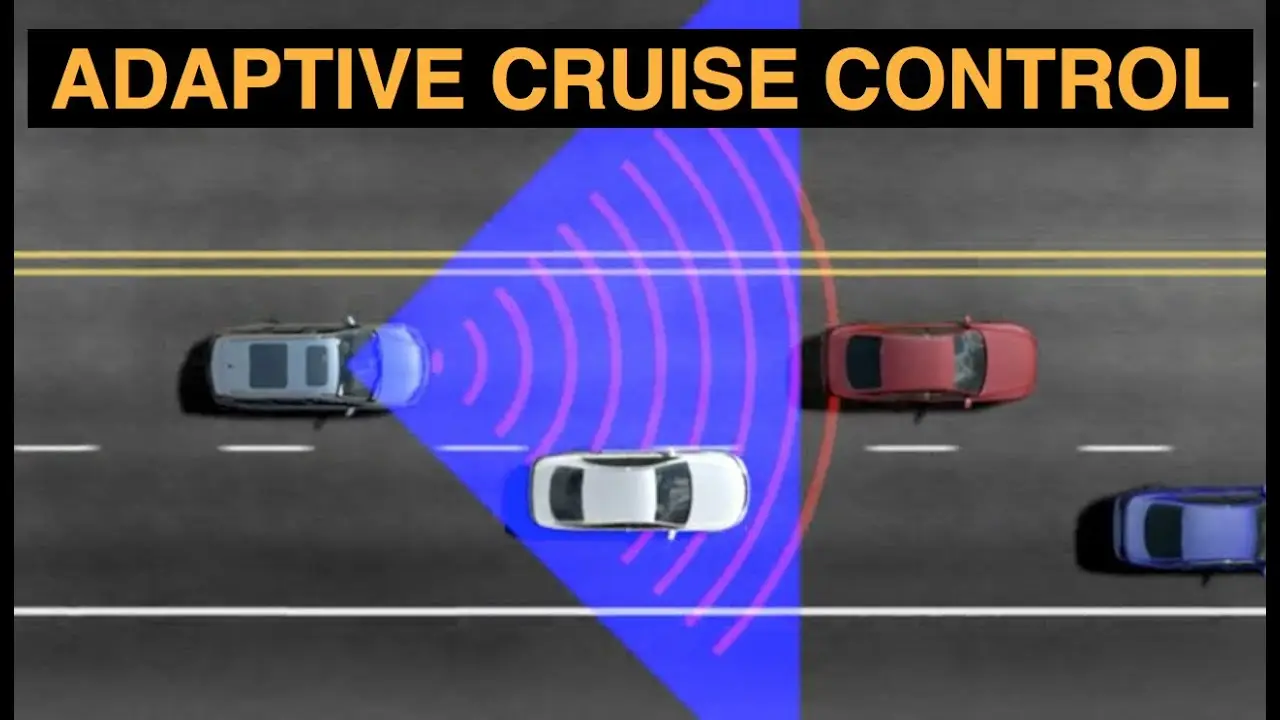How does a car’s intelligent cruise control system work?


Intelligent cruise control, also known as adaptive cruise control, is a revolutionary car technology that has transformed the way we drive. This advanced driving system uses a combination of sensors, cameras, and radar to maintain a safe distance from the vehicle ahead, making driving safer and more convenient. In this article, we will explore how a car’s intelligent cruise control system works, its benefits, and its impact on vehicle safety.
How does intelligent cruise control work?
Intelligent cruise control utilizes a combination of sensors and cameras to monitor the road ahead and adjust the vehicle’s speed accordingly. Here is a step-by-step breakdown of how it works:
1. Detection: The system uses radar sensors or cameras to detect the presence of vehicles ahead. These sensors are typically located in the front grille or bumper of the car.
2. Distance measurement: Once a vehicle is detected, the system measures the distance between the car and the vehicle ahead. This is done using radar or laser technology, which calculates the time it takes for the car to reach the vehicle in front.
3. Speed adjustment: Based on the distance measurement, the intelligent cruise control system adjusts the car’s speed to maintain a safe following distance. If the car ahead slows down, the system will automatically reduce the speed of the vehicle to maintain a safe gap.
4. Acceleration and braking: The system controls the car’s acceleration and braking to match the speed of the vehicle ahead. If the car ahead speeds up, the system will accelerate the vehicle to match its speed. Conversely, if the car ahead slows down or comes to a stop, the system will apply the brakes to maintain a safe distance.
5. Lane keeping assist: Some intelligent cruise control systems also include lane keeping assist, which uses cameras to detect lane markings and keep the vehicle centered within the lane. This feature adds an extra layer of safety and convenience to the driving experience.
Benefits of intelligent cruise control
Intelligent cruise control offers several benefits to drivers, including:
1. Increased safety: By automatically adjusting the vehicle’s speed and maintaining a safe distance from the car ahead, intelligent cruise control reduces the risk of rear-end collisions and other accidents caused by driver inattention or delayed reactions.
2. Reduced driver fatigue: Long drives can be tiring, but intelligent cruise control can help alleviate driver fatigue by taking over the task of maintaining a constant speed and distance from the vehicle ahead. This allows the driver to relax and focus on other aspects of driving.
3. Improved fuel efficiency: By maintaining a consistent speed and avoiding unnecessary acceleration and braking, intelligent cruise control can help improve fuel efficiency. This is especially beneficial on highways and long stretches of road where maintaining a steady speed is key to saving fuel.
4. Enhanced convenience: Intelligent cruise control makes driving more convenient by reducing the need for constant speed adjustments and manual braking. This is particularly useful in heavy traffic or during long commutes, where the system can take over the monotonous task of maintaining a safe distance from the vehicle ahead.
Impact on vehicle safety
Intelligent cruise control has had a significant impact on vehicle safety. By automatically adjusting the vehicle’s speed and maintaining a safe distance from the car ahead, it helps prevent rear-end collisions and reduces the severity of accidents. According to a study conducted by the Insurance Institute for Highway Safety (IIHS), vehicles equipped with intelligent cruise control have a 50% lower rate of rear-end crashes compared to vehicles without this technology.
Furthermore, intelligent cruise control systems often come bundled with other advanced safety features such as forward collision warning and automatic emergency braking. These additional features further enhance the safety of the vehicle by alerting the driver to potential collisions and automatically applying the brakes if necessary.
In conclusion, intelligent cruise control is a remarkable automotive innovation that has revolutionized the way we drive. By utilizing sensors, cameras, and radar, this advanced driving system maintains a safe distance from the vehicle ahead, reduces driver fatigue, improves fuel efficiency, and enhances overall vehicle safety. As car technology continues to evolve, intelligent cruise control is just one example of how innovation is making our roads safer and our driving experience more convenient.
Recent Posts
How do I create an engaging and informative online quiz or assessment?
Creating an engaging and informative online quiz or assessment can be a powerful tool for… Read More
What are the most effective methods for managing and reducing work-related stress in the hospitality industry?
Work-related stress is a common issue in the hospitality industry, where employees often face long… Read More
How can I improve my assertiveness and communication skills in a leadership position?
In a leadership position, assertiveness and effective communication skills are crucial for success. Being able… Read More
What are the key elements of a successful employee recognition and rewards program?
Employee recognition and rewards programs play a crucial role in motivating and engaging employees, as… Read More
How do I effectively manage and respond to customer feedback and reviews?
Customer feedback and online reviews play a crucial role in shaping a company's reputation and… Read More
What are the best strategies for effective time management as a stay-at-home parent?
Effective time management is crucial for stay-at-home parents who juggle multiple responsibilities on a daily… Read More